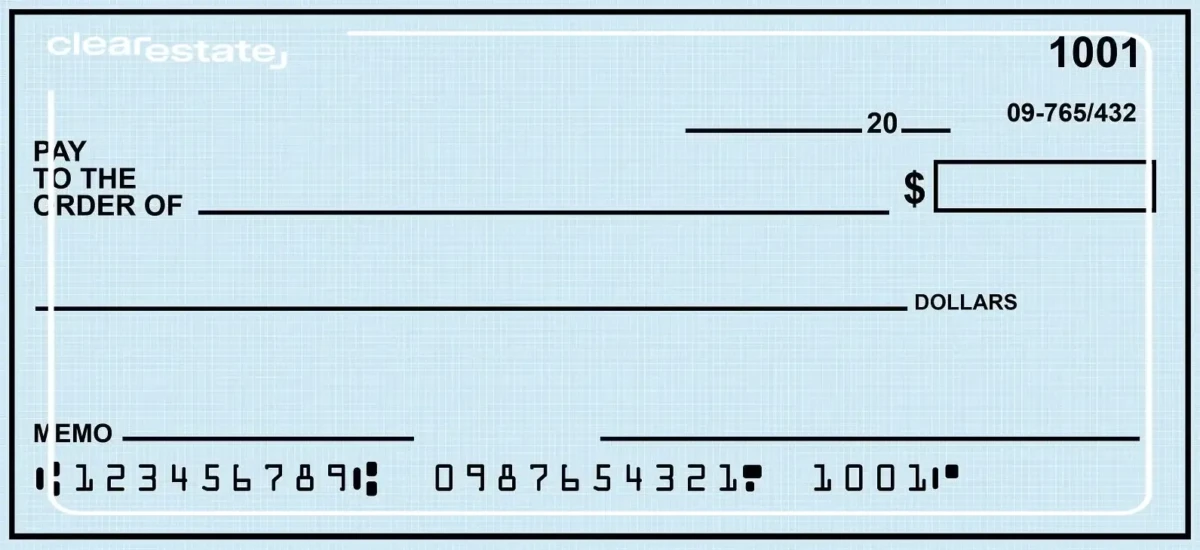Estate Settlement
Dec 04, 2024
How to Stop Mail for a Deceased Person: 5 Steps
Learn how to stop mail for a deceased person with our 5-step guide to protect their identity and ease estate management.
Regardless of whether you’re an estate executor or a beneficiary, the settlement of an estate will naturally lead to the transfer of funds from one hand to another.


Handling the finances of an estate is one of an estate executor’s main responsibilities, and in most cases they’ll have an estate account through which all financial transactions related to the estate will flow. That way, the executor can write checks from the account and deposit checks into the account, later distributing the funds in accordance with the will. The executor can also deposit or legally endorse and cash a check made out to the deceased, although the bank will often require a grant of probate validating the executor’s role before allowing any financial transactions to take place. Some banks may also be hesitant about allowing executors to cash estate checks, since the flow of funds becomes less transparent.
We regularly share relevant information about wills and estates.
The executor cannot, however, deposit checks into their personal accounts.
If you’re a beneficiary, you can’t simply cash or deposit checks made out to the deceased or their estate. You’ll need to receive your inheritance through the estate account.
Still have questions? Reach out to our team of experts at ClearEstate, where we’re happy to discuss everything relating to estates, from drafting wills to creating good executor-beneficiary relationships. Get in touch for a free consultation.
 Simplify Probate Today
Simplify Probate Today
Get expert guidance from our specialists who've helped 10,000+ families.
Book a free consultation